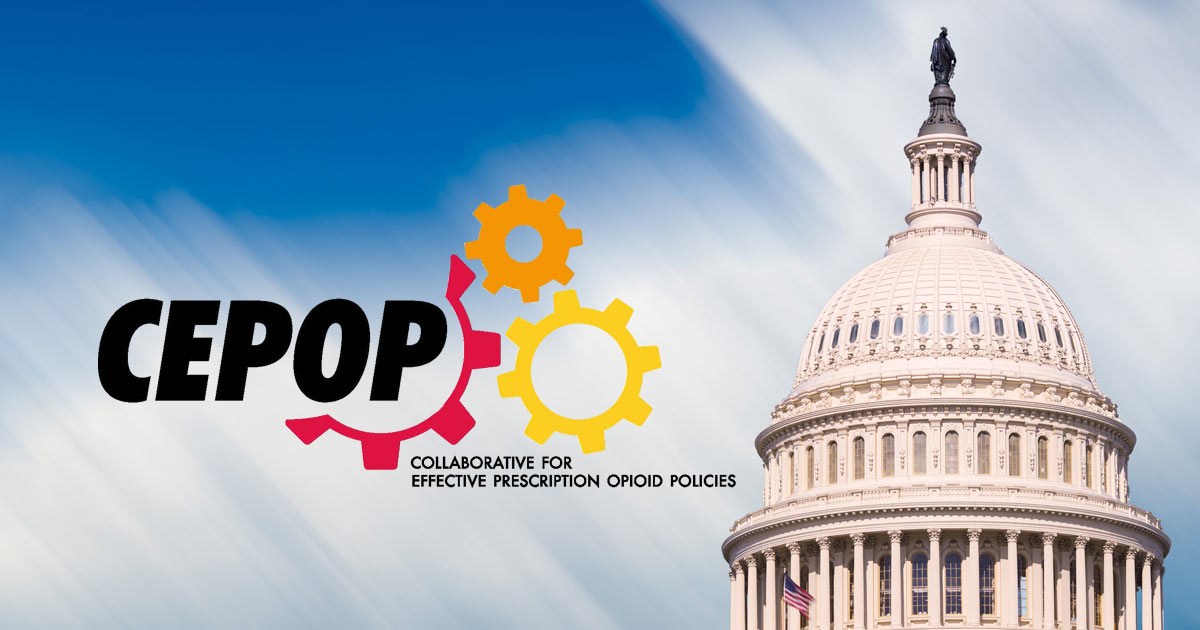HHS Finalizes Rules on SUD Record-Sharing with HIPAA Protections
On February 8, the Department of Health and Human Services (HHS), Office of Civil Rights, and the Substance Abuse and Mental Health Services Administration (SAMHSA), finalized rules related to the implementation of the Bipartisan Coronavirus Aid, Relief, and Economic Security (CARES) Act. The updates included modifications to the Confidentiality of Substances Use Disorder Patient Records section 42 CFR part 2. With these changes, substance use disorder (SUD) patient records have additional privacy rights which mirror those associated with HIPAA. Ultimately the goal is protecting patients privacy, while also improving care coordination. Patients will have the right to disclose, not disclose, or redisclose SUD records for payments, treatments, and other health care operations. Additionally, the rule will expand protections, limiting the use of disclosure in civil, criminal, administrative, and legislative proceedings. The new regulations will also provide HHS the authority to implement civil monetary penalties for those in non-compliance. Secretary Xavier Becerra noted in the press release, “Patient confidentiality is one of the bedrock principles in health care. People who are struggling with substance use disorders have the same ability to keep their information private as anyone else. The new rule helps to ensure that happens, by strengthening confidentiality protections and improving the integration of behavioral health and other medical records…”
Articles & Resources
HHS—HHS Finalizes New Provisions to Enhance Integrated Care and Confidentiality for Patients with Substance Use Conditions
Congressional Letter to FDA Urging MOUD be added to FDA’s List of Essential Medicines
On February 8, a bipartisan group of Senators sent a letter to the Food & Drug Administration (FDA) Commissioner, Dr. Robert Califf, requesting medications for opioid use disorder (MOUD) be added to the FDA’s Essential Medicines List. In the letter, Senators Marty Heinrich (NM), Mike Braun (IN), Edward Markey (MA), Jeffrey Merkley (OR), and Angus King (I) note the essential nature of MOUD and drugs like buprenorphine and methadone. The authors want to increase drug access in emergency departments and hospitals and note that, by adding MOUD to hospital and emergency departments, their formularies should include these drugs. The group noted that the World Health Organization included buprenorphine and methadone in their 2023 List of Essential Medicines.
Articles & Resources
Letter to Commissioner Robert Califf
What We Read Last Week
Several articles were published last week pertaining to the opioid epidemic, covering a variety of different components of the topic. Links to relevant articles are provided below.
CDC Morbidity & Mortality—Comparison of Administration of 8-milligram and 4-Milligram Intranasal Naloxone by Law Enforcement During Response to Suspected Opioid Overdose—New York, March 2022-August
New York Times—How Oregon Became a Linchpin for the Country’s Drug Policies
STAT—Year into an addiction crisis, a med school lecture still minimized opioid risks
PBS—DEA reverses decision stripping drug distributor of licenses for fueling opioid crisis
Yale School of Medicine—Study Sheds Light on Genetic and Environment Risk Factors for Opioid Use Disorder
This Week’s Calendar
In the week ahead, there are no relevant events or hearings noticed at this time. In the event that there are any changes to the schedule for this week, we will make additional information available.
Questions about the above content can be directed to [email protected].

